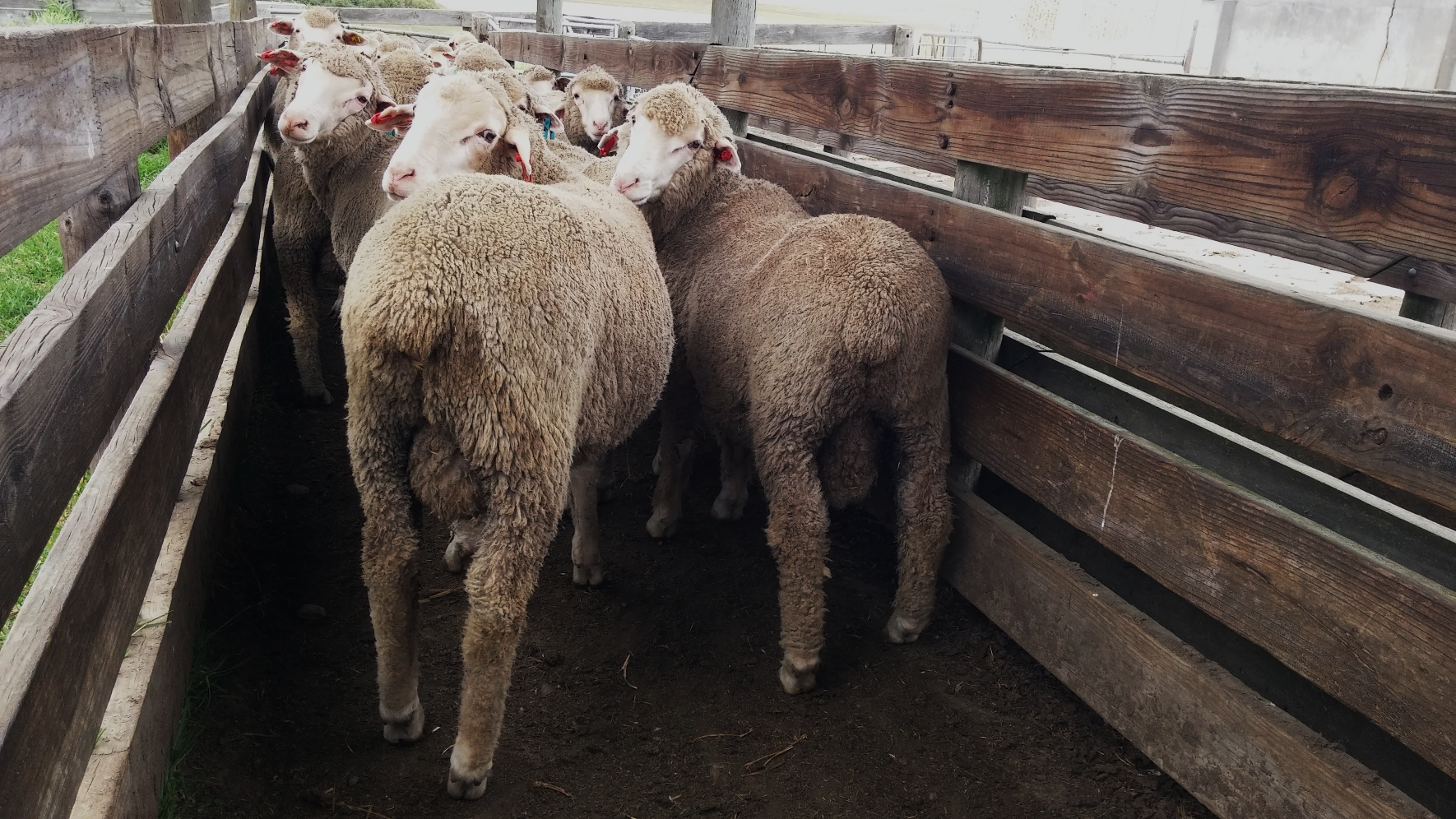The physical castration of male livestock is currently under scrutiny due to its detrimental effects on animal welfare and thus alternative solutions to controlling behaviour and meat quality are desperately required within the animal production industry.
It is not only important to be mindful of our meat consumption levels but also to support the ethical production of meat, as both consumers and scientists. The recently published articles by Dr Tersia Needham tackle the highly controversial topic of physical castration in male livestock, which is known to be detrimental to animal welfare, and the potential for immunocastration to be applied in commercial lamb production. Immunocastration involves vaccinating the animal with a GnRH-analogue conjugated to a foreign protein, stimulating anti-GnRH antibody production and preventing the cascade of sex steroid hormone production. The pain of physical castration is avoided and the vaccine itself is food-safe but information regarding its efficacy in lambs is limited.
Thus, the efficacy of a flexible vaccination interval (between primary and secondary vaccination) was investigated in Dohne Merino ram lambs, and a unique method of androgen concentration determination was utilized, which was originally developed to determine androgen synthesis pathways in prostate cancer patients. All the designed vaccination schedules were successful, which is positive for commercial lamb producers as they may apply various vaccination intervals to suit their individual production enterprise. Furthermore, the study indicates the potential of utilizing testis tissue surface colour for evaluating the success of vaccination on the slaughter-line for the potential classification of lamb carcasses. The feasibility of the developed vaccination protocol was then evaluated within a commercial production unit in South Africa, along with a unique safety vaccination system for handlers to prevent accidental needle-sticks.
Considering the success of the technique in lambs, further investigation into the application of immunocastration in ungulates will be conducted at the Department of Animal Sciences and Food Processing.
- Needham, T., Lambrechts, H., and Hoffman, L.C. 2019. Influence of immunocastration vaccine administration interval on serum androgen concentrations and testis activity in ram lambs. Small Ruminant Research, 170, 82-90.
- Needham, T., Lambrechts, H., and Hoffman, L.C. 2019. Application of immunocastration in a commercial Dohne Merino ram flock before weaning: a technical note. South African Journal of Animal Science, 85, 1115-1120.


